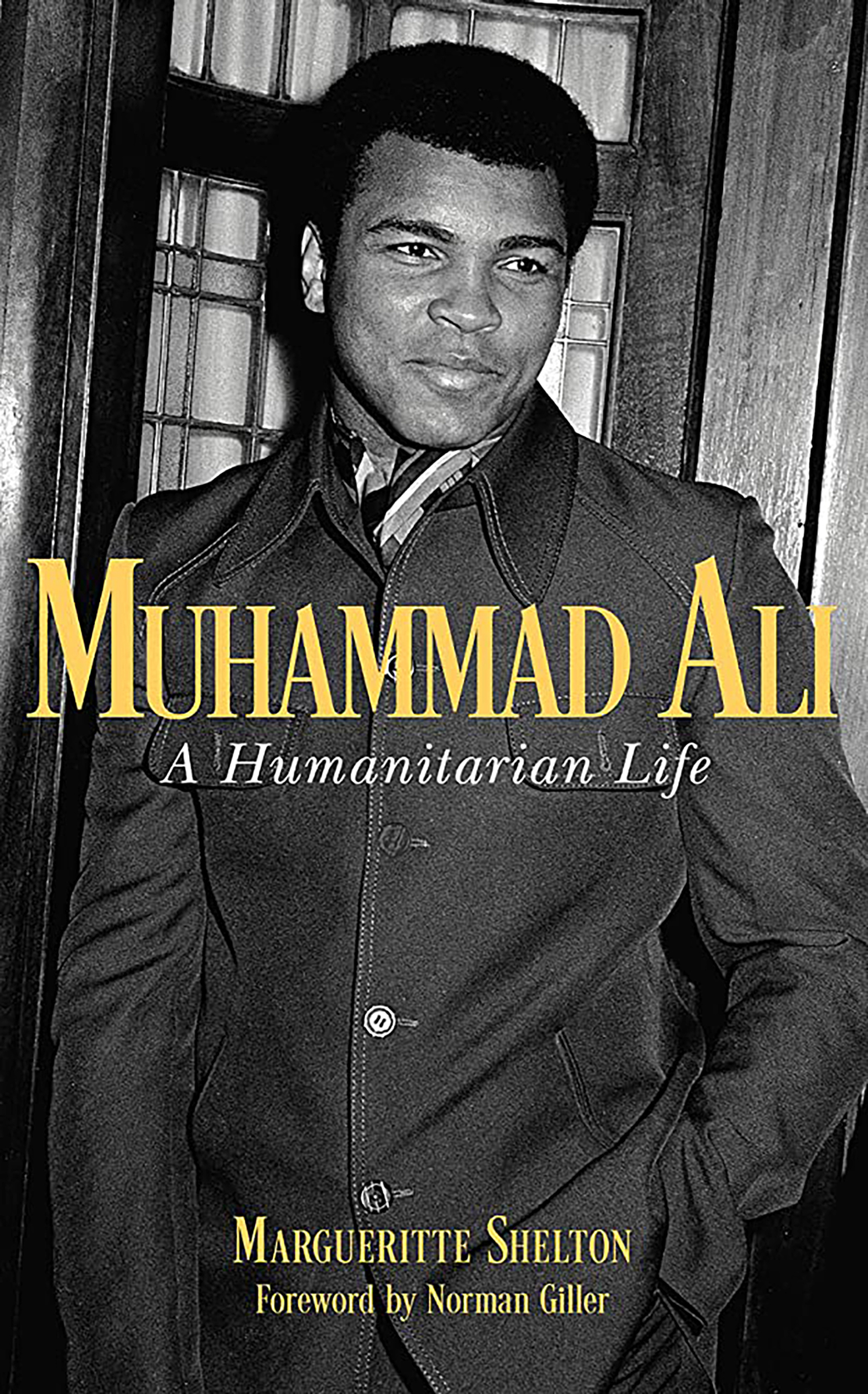
- Interviews
Author Margueritte Shelton’s Take on ‘Muhammad Ali’s Humanitarian Life’
Margueritte Shelton has a confession to make when asked about her new book, ‘Muhammad Ali: A Humanitarian Life.’
“I’ve never met Muhammad Ali, didn’t know anything about boxing, never stepped into the boxing ring or even saw a boxing match,” she unexpectedly revealed in a recent Hollywood Foreign Press Association round table interview.
So, what prompted her to write an entire book about him, the champion boxer who famously bragged, “I’m not the greatest; I’m the double greatest!” and rapped in honor of his 1974 Rumble in the Jungle boxing match that he could, “Float like a butterfly, sting like a bee, his hands can’t hit what his eyes can’t see”?
“As a tradition, my family encouraged us all to write essays about someone we admired and I just thought about a lot of people on the list and didn’t know much about Muhammad Ali, except that he was a very famous boxer,” she explains. “So, I popped in a video called ‘Muhammad Ali: Through the Eyes of the World’, and that was it. I pursued things from there and the essay became a book.”
It was Ali’s life outside the ring that spoke to Shelton, an avid humanitarian herself. “I was just so impressed to discover there was so many important things to learn about his life beyond this phenomenal boxing career,” she says. “Eventually, I had to step into the ring with Muhammad Ali – and I had one hand over one eye, so it was quite an adjustment to watch that – but he’s just such a fascinating man.”
Shelton is a passionate volunteer who as teenager was named an honorary member of the National Museum of the American Indian to honor her contributions. She also participated in numerous fund-raisers for the international hunger relief organization, Rise Against Hunger, and is a member of the Muhammed Ali Center in Louisville, Kentucky, where she supports their humanitarian awards events.
The book taps into a rare collection of Ali letters, as well as exclusive interviews with those close to Ali to offer unique personal perspectives on the man who became not just a boxing champion but a champion of human rights.
“I was in touch with the Muhammad Ali Center, and they were very open to helping me with that research and also granted me the opportunity to do a virtual tour of the humanitarian exhibits during the COVID pandemic,” she says. “The archives at the Spalding University library also had letters from (Spalding’s college librarian and Ali’s lifelong friend) Sister James Ellen Huff, which were very helpful too.”
Since Ali ascended to greatness during a violent decade of protests and revolutionary movements, he used his boxing success to create a platform to fight against inequality, injustice, and oppressive politics. Shelton says the more she learned about him, the more impressed she became.
“He did demonstrate tremendous courage throughout his life,” she says. “He was just phenomenal in that way and inspired many people with that strength and courage. The great jazz musician, B.B. King, once talked about Muhammad Ali and how Muhammad gave him more courage than he’d ever had before.”
Shelton says writing about Ali also inspired her to continue her own volunteer work, although she’s quick to add, “We’ve got 15 chapters worth of amazing accomplishments by a wonderful humanitarian in my book and that’s a lot more than I could ever hope to do!”

